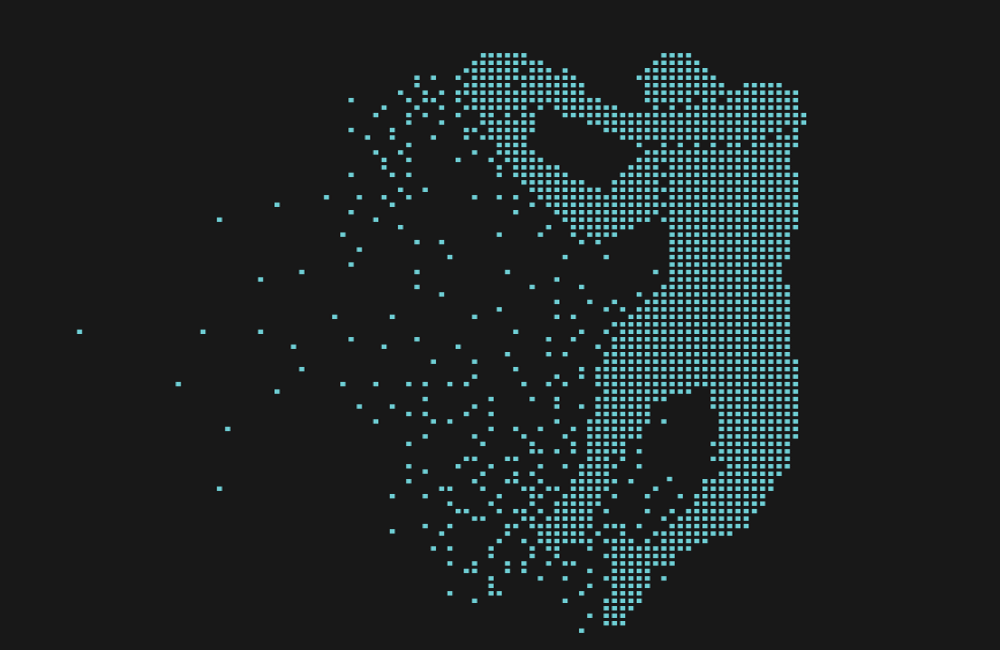Theo Epstein’s success with the Boston Red Sox and Chicago Cubs brought the possibilities of data analytics to the attention of millions of baseball fans.
Then came the movie “Moneyball” starring Brad Pitt, which made the role of analytics in sports even more widespread. Suddenly, ESPN was producing rankings of teams based on use of analytics and companies were announcing partnerships with teams such as the Tampa Bay Rays on analytics software.
The recent success of the data-driven Philadelphia 76ers has brought even more attention to the power of analytics in sports outside of baseball.
None of this is news for those considering a master’s degree in data science or business analytics. They already know the power of data analysis to improve performance. But while reports such as this one from McKinsey & Company show the need for leaders in the field, some might still wonder: “What chance do I have to work in sports?”
The answer, given the growing number of data-related jobs across all major sports, seems to be both “good” and “improving.”
A Recent Example
For those with any doubt about the demand in sports for those with expertise in data analytics, look no further than the last two World Series champions, the Chicago Cubs and Houston Astros. Both used a data-driven approach that had some skeptical at the start. They aren’t now.
The Boston Red Sox got the ball rolling in the early 2000’s when Epstein used a data-driven approach to assemble a championship club.
And now the 76ers have done the same in the NBA. After years of losing while rebuilding the team on a data-driven approach, the team now is in the playoffs. Here’s some of the work done by the analytics team before a first round playoff match against the Miami Heat:
- Generated a 10-page game deck on the Heat’s offensive and defensive tendencies
- Projected which 76ers lineup would fare best against every possible Heat lineup
- Projected which 76ers pairs would work best against various Heat pairs
- Projected the best individual matchups for both offense and defense
The analytics team did so by analyzing 1.2 billion lines of data from every game played during the season. Knowledge, as the 76ers and all the other teams mentioned above have learned, is power.
Data scientists and engineers bring the ability to access that knowledge to the table.
Data-Related Jobs In Sports
The number of jobs for data scientists and analysts is in the thousands, as data in sports reaches unprecedented heights. Leagues hiring for data-related jobs include Major League Baseball, the National Basketball Association, the National Hockey League and Major League Soccer. The National Football League, which has been slower to adapt to analytics (outside of, probably, the New England Patriots) also is hiring more people with expertise in data.
The possibilities for applying a data-driven approach present “unlimited opportunities,” according to Lynn Lashbrook, founder of Sports Management Worldwide. It’s also growing in college sports, where there are 302 NCAA Division I baseball teams alone.
The potential goes beyond just the play on the field. Analytics are also being used for innovations in:
- Player training
- Fanbase growth and retention
- Injury prevention
- Improving fan experience
For non-athletes, working in sports outside of marketing seemed like an impossible dream just a few years ago. But for those who pursue a master’s degree in data science or business analytics, the chances to work in data-related jobs in sports have never been greater.
